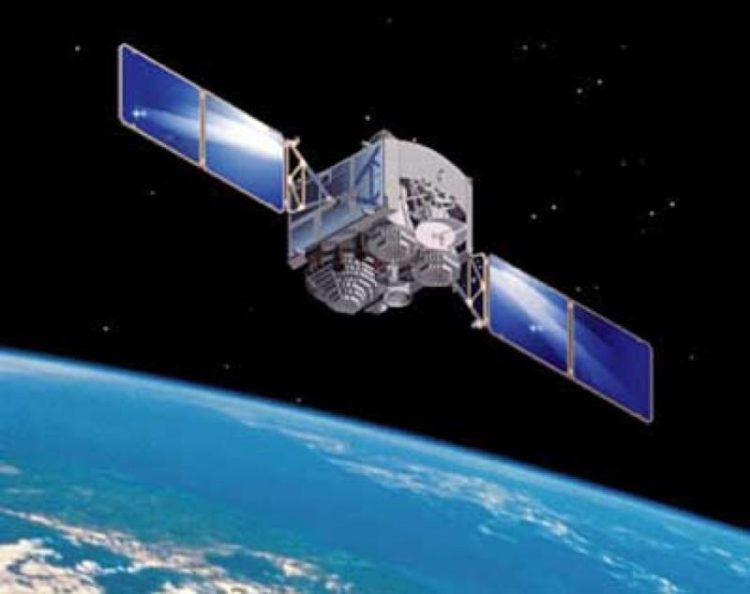Ethiopia has announced the launching of its first $8 million satellite into space in September 2019. In order to make this happen, China has provided $6 million in financial support as well as providing training and cost of launching the satellite.
The satellite will gather data inputs related to water, agriculture, climate change, and environmental protection.
With the launch, Ethiopia has now joined the league of African countries that have launched satellites into space. The recent one was in Kenya which was launched in May 2018. South Africa, Ghana, Nigeria, Angola, Algeria, Morocco and Egypt also have satellites orbiting the earth, with three of them launched in 2017 alone.
Zimbabwe became the most recent country to set up a space agency that “will enhance agriculture, mineral exploration, wildlife conservation, disease surveillance and infrastructure management and mapping, said, President Emmerson Mnangagwa.
See Also: Bambooks Launches Largest Digital Library in Nigeria
Dr Solomon Belay Tessema, Senior Scientist and Director General of Ethiopian Space Science and Technology Institute at the Addis Ababa University said “Our main goals by launching this first satellite are two. The first one is [to] build technology application capacity and skills of our engineers through collaborations with different countries’ space scientists and institutions. So that they will be in a position to design, build and launch the second satellite independently. The second one is the direct support the first satellite gives to the social and economic development in terms of saving the money the country is currently spending for buying data, such as climate data,”
Tessema added that the satellite will be launched from China and the control and command station will be in Ethiopia. Also, the preliminary and critical design will be done by Ethiopian scientists.
Currently, 20 Ethiopian engineers are involved in the launching and design of the country’s first satellite. “We use home-based strategy, which involves local engineers and students at MA and Ph.D.-level to be part of the science and applications of the technology and knowledge transfer,” said Tessema.
These projects seem to be in line with the African Union (AU) African Space Policy, which was launched in 2017. It acknowledges the benefits of space exploration and recommends the use of satellites for development and economic progress.














